Building direct connections between film artists and film lovers
We're creating digital spaces to make it easy for film artists to build their audiences, and film lovers to engage in the ways that they want. Over time, the spaces will comprise a matrix within which formal and informal groups of film lovers can grow and evolve.

So what exactly is FilmTrade? We have an ambitious long-term vision, but to achieve it we needed to focus on the first thing to build. If you've been curious (or confused), read on.
We're currently doing research with film lovers to deeply understand their range of interests and motivations as we develop the initial product – they include:
- gaining a richer understanding of a particular film that they've seen (or if they haven't seen it, making it easier to know when and where they can)
- discovering and engaging with new artists from within a community of interest
- making real connections with other people who share their love of independent film (connections that often grow offline and in-person)
We're aiming for something different, and better, than traditional social media. We're re-imagining online community in the way that New Public describes it: a "healthy, pluralistic, digital public space that increases cohesion and resilience," and that supports a local or regional community that also exists "in real life" (IRL).
For artists, we're aiming to provide the optimal tool for publishing and growing followers — as Ted Hope recently described, this is something that every independent filmmaker (and every artist of every other sort) should be doing. He makes excellent points:
Social media is superficial and does not lead to actual consumption and engagement around a film. . . If you haven’t built a community [– or at least a relationship with fans –] you will not have any independence, ever; you will have to make and shill for the corporations. . . It’s your choice, but newsletters are the best tool towards real independence we have had yet.
Why not Substack?
Ted is using Substack for his newsletter, a popular choice. The first version of FilmTrade could be compared to platforms like Substack or Patreon, but we see these as different in several troublesome ways:
- They are not owned and governed by the creators or audiences that use them.
- They utilize platform lock-in and algorithmic control. For example, they aren't adopting federation / decentralization protocols like ActivityPub, and Substack only enables recommendations for other publications on Substack. Compare to Ghost, which enables recommendations for any site on any platform.
- They are not based on a single community of interest, but marketed to "creators" in the most general sense. Taking an analogy from an article by Seth Workheiser – eventually the consumer experience becomes like eating in a noisy food court instead of a curated dining experience at a fine restaurant.
- They are not based around any particular locality or region, so have less direct connection to actual IRL places, people, organizations, and experiences. In other words, they are "global social media" in the vein of the "global streaming platforms" that have been working against the interests of independent film, including arthouse cinemas.
- They won't adequately enable us to establish the new economic model for independent film that is part of FilmTrade's mission.
In some respects, Substack and Patreon have helped many smaller individual creators. Indeed, once we begin putting effort into getting the public's attention to FilmTrade, we'll likely syndicate this blog onto Substack to benefit from its user base and network effects. But Substack is temporary; as the growth of any venture-funded centralized platform begins to level off, it will inevitably decay in search of extraction of profit. We need to be building for a more sustainable future, and that means planting seeds in an open field with healthier soil.
FilmTrade POSSE
This brings us back to the core of the initial FilmTrade product. We believe in the practice of POSSE (Post on Own Site, Syndicate Elsewhere), and will be advocating it to film artists—while enabling them, since it's currently not easy. The benefit of a centralized platform is that it can provide powerful, delightful and low-friction user experiences. But it needs to have a fiduciary alignment to fulfill the "Own Site" part of POSSE. This is why the organization and infrastructure supplying these spaces will be owned and governed by the artists who use it. These artists already have many stakeholders (including film lovers; film institutes, forums, and festivals; and our beloved independent arthouse exhibitors) who may be engaged and represented.
This ownership and governance approach will ensure prioritization of the community's interests over those of disinterested investors or the corporate executives who work for them. These executives may pay lip service to a higher mission but are, without exception, primarily motivated by extracting as much profit as possible, on short-to-medium timeframes.
Given these priorities, both this blog and our future product are using Ghost for three reasons: solidarity, flexibility, and federation.
Solidarity, because Ghost's values are aligned with ours: the Ghost technology platform is open source and is owned by a mission-focused nonprofit (The Ghost Foundation) that publishes its revenue, churn, and other key metrics. They operate with a small full-time team (currently around 33 people; compare to ~1,200 at Substack) and some volunteer contributors through the open source project.
Flexibility from the open-source code and sensible architecture that will allow us to create the experience and unique features that we will need over the long term.
Federation from Ghost's commitment (and active work) to implement ActivityPub. We view this as a lever that has great potential to pry open the closed social networks and centralized surveillance platforms that have ascended over the last decade or more. In the words of Ghost's team:
The open web is coming back, and with it returns diversity. You can both publish independently and grow faster than ever before with followers from all over the world & the web.
Again, this is just the first step in what we're envisioning as a multi-step journey. We're taking it with consideration, confidence, and our eyes on the horizon.

